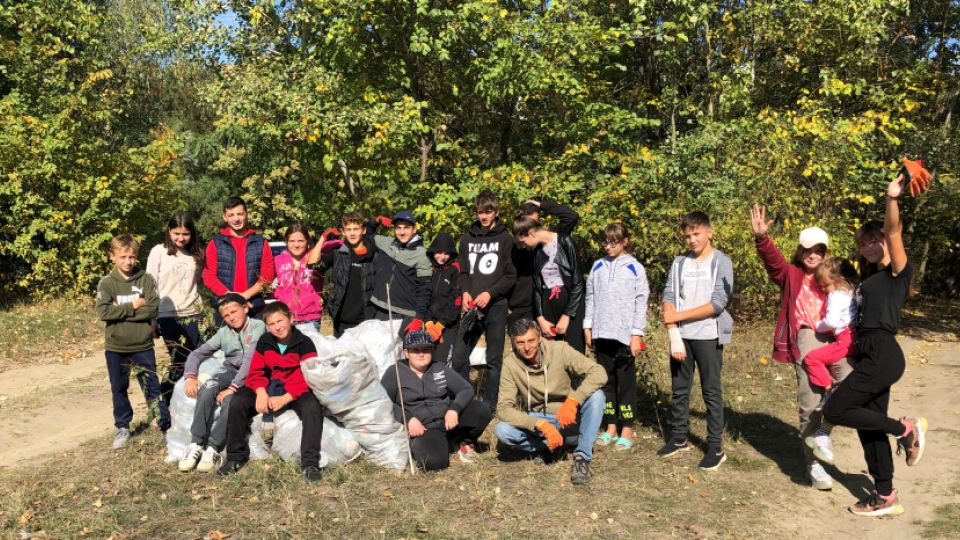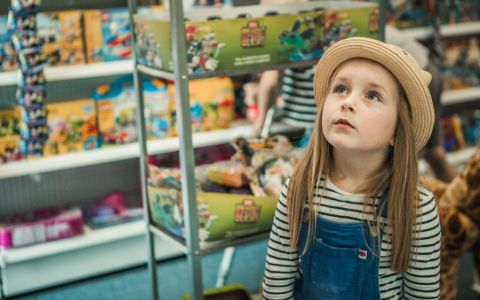Since 2019, responsible institutions in Moldova have been discussing the creation of a new national park in the southeast of the country, near the border with Ukraine, where the Dniester River flows into the Black Sea. To facilitate the creation of the national park, our partner organization Biotica supported the creation of so-called working groups in selected Moldovan municipalities. The meetings of the working groups are regularly attended by representatives of the authorities, local entrepreneurs, representatives of schools and other institutions, and active citizens.
The Lower Dniester National Park was finally proclaimed in March of this year, and the role of the working groups is now to contribute to its development and to provide a space for citizens to comment on new local strategic and spatial development plans. “Previously, only mayors and some representatives of local authorities took part in our meeting, and the relevant information did not always reach the local population. These working groups helped reach the citizens who are now better informed and willing to get involved in the region's development, and inform other people about the benefits of national park development,” says Liliana Josan, the project coordinator at Biotica.
Our Moldovan colleagues coordinate the work of the working groups, providing technical assistance, and supporting local participation in the meetings. For example, on 13 and 14 September, they organized five working visits to the municipalities of Copanca, Plop-Știubei, Tudora, Palanca, and Purcari to inform local citizens about the need to create or update documents that present a long-term development plan for each municipality within the national park. The people in the working groups mainly focused on tourism, forestry, and agricultural land use, as well as nature conservation in general, including the role of volunteer nature guardians. Biotica colleagues also used the visits to meet with students from local schools, with whom they cleaned up part of the Dniester riverbank.
In Arnika, we support the work of the working groups through the Guardians of Moldova's Nature project, which aims to advocate for changes in environmental legislation and practice and involve local communities in decision-making on issues that directly affect them. “Similarly to the Czech Republic and other EU countries, citizens in Moldova should be directly involved in long-term planning and feel responsible for the development of their community, for the creation of common priorities, procedures, and rules for their fulfillment,” concludes Pavel Pinkava, coordinator of the Moldovan project in Arnika.

This activity was supported by Arnika and Biotica within the framework of the joint project “Guardians of Moldovan Nature: Advocating for the Rights of Local Communities on Both Banks of the Dniester”, funded by the Transition Promotion Programme of the Ministry of Foreign Affairs of the Czech Republic.







